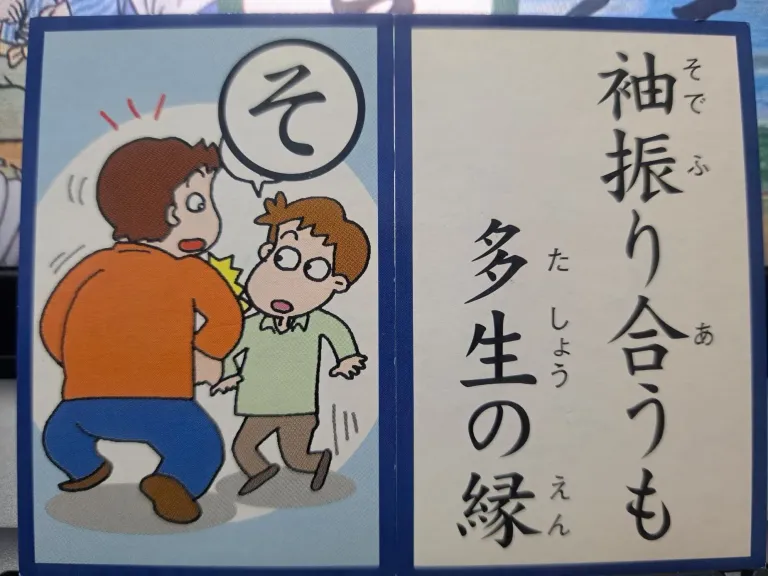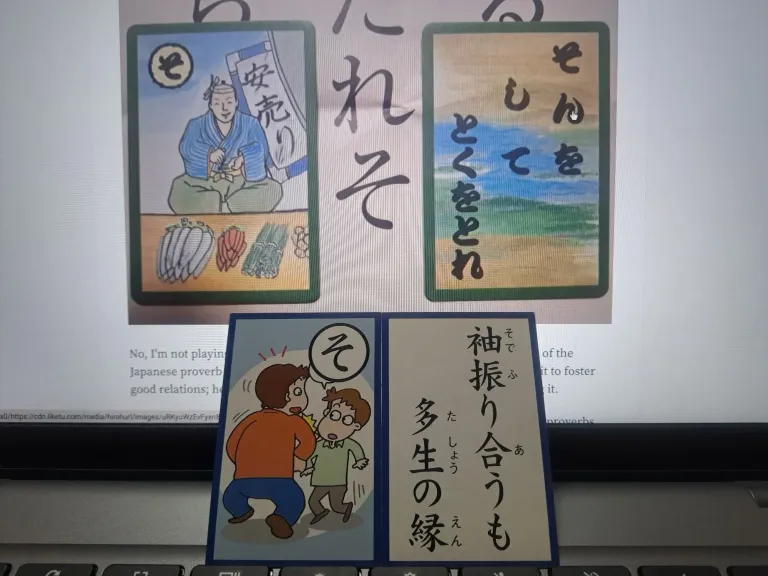Quis est, qui me tetigit?


"Who is it that touched me?" Christ asks when thronged by a milling crowd. Peter asks him why he asks, seeing that the crowd presses so closely. Yet there was a transfer of virtue in that touch, for the touch was intentional, a woman wanted to be healed, and was healed.
Peter here is the man of common sense who thinks nothing of it when someone brushes past him on a crowded street. What do you expect? For common sense man, hardly anything has any significance. "Most of life is so dull," wrote E. M. Forster, in A Passage to India, "that there is nothing to be said about it."
Virginia Woolf, on the other hand, wrote,
"Whatever has happened, whatever is going to happen in the world, it is the living moment that contains the sum of the excitement, this moment in which we touch life and all the energy of the past and future..."
There is something of this sensibility, this openness to the tactile significance of every moment of life, in the proverb that is used to illustrate the 18th card of the "Daiso" version of the Iroha Karuta deck, which differs from the 18th card in my "green" deck that I blogged about a few days ago:
https://hive.blog/hive-147010/@hirohurl/iroha-karuta-18-a-short-term-pain-for-long-term-gain
The Iroha Karuta is a Japanese card deck that illustrates each of the syllables of the old "Iroha" hiragana syllabary with proverbs that begin with the syllable in question. The eighteenth syllable is "So," and my other deck illustrates it with the kotowaza,
Son o shite, toku o toru (Short term loss for long term gain)
Here, the word "son" means "loss."
The 18th Proverb of the "Daiso" Iroha Karuta Deck
However, the Daiso deck uses a completely different proverb beginning with "So":
袖振り合うも多生の縁
Sode furiau mo tashou no en.
It breaks down like this:
袖 = so-de = sleeve
振り合う = furiau = brush against each other
多生 = tashou = many lives (in the Buddhist sense of karmic connection across multiple lifetimes)
の = no = possessive particle ("of")
縁 = en = fate, karmic connection
So a literal translation might go something like this:
Sleeves brushing against each other, many lives' fate.
In other words, even a chance brushing of sleeves is due to many lifetimes of karmic connection.
Different Versions of the Same Proverb
Because of the large number of synonyms in Japanese, the kanji you choose for the word "tashou" can alter the nuance of the whole proverb.
The Daiso set I'm working with today uses the kanji that emphasize the connectedness of every life across multiple incarnations. The feeling is that every brief encounter, no matter how fleeting, has some deep karmic connection.
Other Readings of "Tashou"
多少 = tashou = some, a little - this is a much lighter reading (one that I would have expected the Daiso deck to go with) - even an ephemeral brushing of sleeves has something of "fate" about it.
他生 = tashou = other life - even brushing sleeves is the result of ties from one (or more than one) previous existence. Not quite so radical as the Daiso version, which emphasizes "multiple previous lives" to the exclusion of "just one."
Whichever version of the proverb you encounter, it expresses the feeling that every encounter should be appreciated and even cherished, which is not to say that every Japanese person acts as if that were the case. Far from it!
My Considered Translation!
袖振り合うも多少の縁
Sode furiau mo tashou no en
Sleeves briefly brushing may be a touch of fate.
I was tempted to change the literal translation of "sode" as "sleeves" to a more "dynamic equivalent" of "shoulders" simply to catch the auditory quality of "so-de" more closely: "SO" = "Shoul-," "DE" = "ders," but in the end I refrained.
ChatGPT vs Google Translate vs...
Okay, let's see what ChatGPT does with it:
Even the brush of sleeves is born of fate.
That's good!
And here's Google Translate:
Even a chance encounter is a bond for many lifetimes
Interesting! Google Translate has gone for a more "dynamic" translation, with no mention of sleeves. In my analysis of the proverb, I interprested "karma of many lifetimes" to refer BACK to previous lives, but this translation opens up the possibility that the chance encounter LEADS TO a karmic bond that lasts many lifetimes. I appreciate that insight, Google Translate!
Okay, now let's add Claude to the competition:
Even a brief encounter is a sign of fate.
Not too bad. It is another dynamic translation, omitting any mention of sleeves, but the impression is a bit limp. I'd call equal points for ChatGPT and Google Translate, with Claude in a creditable third place.
Cheers!
David Hurley
#InspiredFocus
For the best experience view this post on Liketu
Very interesting post, David! Fascinating information, with a great flow to how you unfold it! 😁 🙏 💚 ✨ 🤙
!ALIVE
!BBH
Congratulations @hirohurl! You have completed the following achievement on the Hive blockchain And have been rewarded with New badge(s)
Your next target is to reach 68000 upvotes.
You can view your badges on your board and compare yourself to others in the Ranking
If you no longer want to receive notifications, reply to this comment with the word
STOPCheck out our last posts: